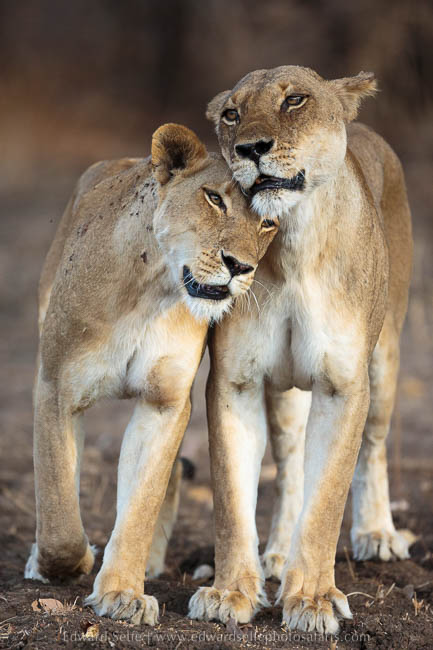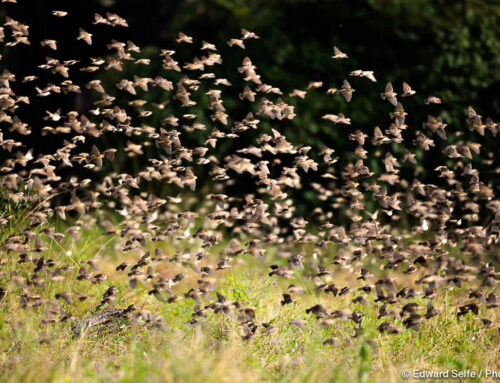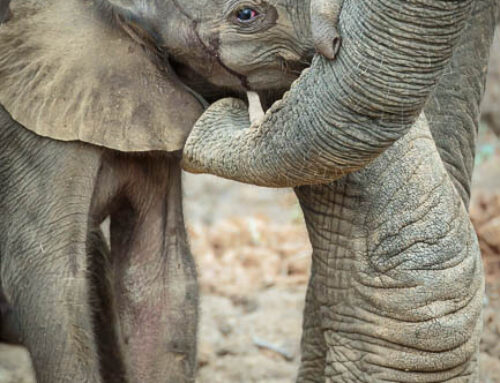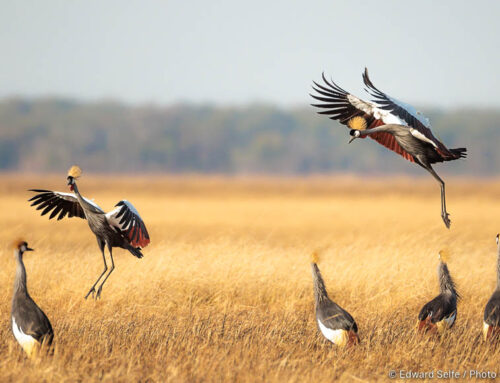These are totally unknown times. We are all trying to reconcile our responsibilities to each other as inhabitants of this planet with what we need personally and for our families. These two things may well coincide, but there are areas where the temptation to diverge is strong. We all have to remember that this will pass. And it will pass more quickly and with less disruption if we follow the guidelines that are being shared by global health bodies and governments.
My family and I live in Mfuwe, on the edge of Zambia’s South Luangwa National Park. This is our year-round home and has been for over 10 years. We thought hard about whether we should stay here through the upcoming months or whether we should return to our country of nationality, the UK. On the basis that any travel exposes the traveller and those in the receiving country to more risk, we decided to stay where we are; we are sitting it out, a position that is currently supported by the UK and the Zambian governments.
We are fortunate that we have a very large wild area around us. Never does a day go by without us seeing baboons, monkeys, antelope and hippos, sometimes right around our house. Very often there are giraffes, elephants and buffalo too. The bird calls are very loud at this time of year, as many birds make use of the rich rainy season for breeding; I have noticed particularly that the little banded goshawks are very chatty at the moment, perhaps a precursor to their breeding season.
We wonder what will happen this year. Currently, all my safaris between now and the end of May have been postponed to the following year. I am not making any decisions yet, but I suspect that June and July’s trips will likely follow suit. Most of the safari camps in the area will have few or no guests, leaving the national park very unsupported financially; this concerns me since employment and income security are key factors in the protection of wildlife. Without this income from tourism, local people will be forced to revert to harvesting natural resources which puts Nature at risk. At times like this, we are fortunate that we have teams of dedicated people from Conservation South Luangwa and the Department for National Parks and Wildlife to patrol and protect these irreplaceable resources.
I hope that this virus is contained soon and that all of us, as operators in this area, are able to re-open during this season. We are doing our bit for the effort by staying put and attempting not to spread the virus. But, I fear that the virus may continue to spread throughout this year. So I am also starting to wonder how best to make use of truly unusual situation; a season in one of the world’s finest National Parks with none of my own guests and very, very few other visitors at all. Given that I have no control over that situation, I plan to appreciate this once-in-a-lifetime experience of being one of few visitors to this park this year.
To mark this slightly guilty thought, I want to leave you with a series of images of lions, some of safari’s superstars.

Locking on to antelope in the distance, the lions from the Hollywood pride start to hatch their hunting plan for nightfall.

Cats in Africa know that water is full of crocodiles, so any crossing is done quickly, directly and with a large amount of snarling.

Re-enacting the kill, one of a pair of young males, grabs the dead buffalo by the throat and relives the moment he threw her to the ground. Playing with prey, so well known from the small-cat world, is well-documented in their larger cousins.

A moment of tenderness between two of Luangwa’s most beautiful lions.

Charismatic, defiant and borderline arrogant, this young male cub offers a disparaging look from his lofty viewpoint above us.

The largest female from the Nsefu pride is more bear than lion, massive as she is across the shoulders and neck. As she rose over a bank, with her unwavering stare locked on impala nearby, there wa a chilling silence from all in our safari vehicle.

having killed a buffalo calf in the night, the Nsefu pride were still ready to take on another that wandered too close the following morning. With a bit of prediction and a topping of luck, I positioned us correctly for the moment of impact.

Lactacting lions need all the food they can get; this female picked up the smell of a rotting hippo in the water of fish eagle lagoon. Despite having to fight off angry crocodiles, she secured a meal from the right side of the carcass while the crocodiles fed on the left.

It’s unusual to have an angle of lions mating that portrays the aggression and intensity without being too graphic. The momentary spray of saliva adds a distasteful, if poignant, highlight.

As the sun sets on another day in the Luangwa, a lioness rests on the banks of the river, watching for prey.

Long after sunset, with the light barely registering to our eyes, I pushed my camera to capture images at 1/2sec with an ISO of 6400….the images are unforgettable memories of the special moments between this mother and cub from the MK pride.

Separated from the pride in the evening’s hunt, youngsters from the Nsefu pride listen intently for the low moan that will summon them to the pride’s resting place that day.

Lion cubs at play – there’s not much to beat this!

A clear image of the mixed emotions of a lion mating process.

An adult lioness greets her mother, with whom she will likely spend her whole life in the same pride.

A very special encounter at a narrow waterway which gave us superb photo opportunities of lions drinking with their reflections visible below.
Stay safe everyone. This will pass.



